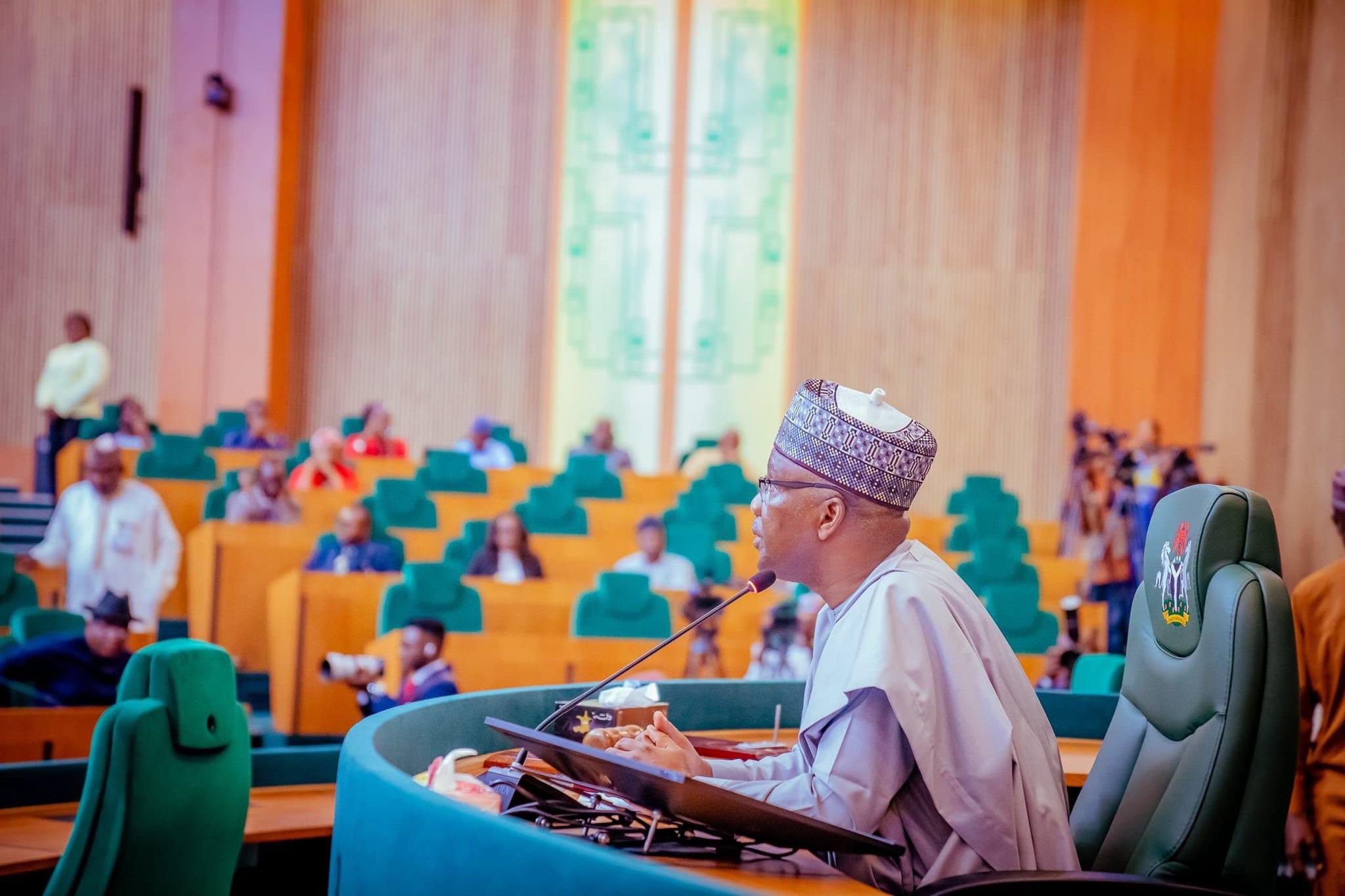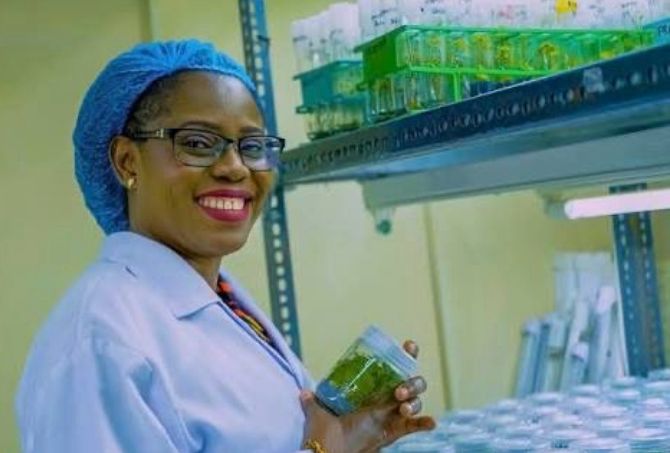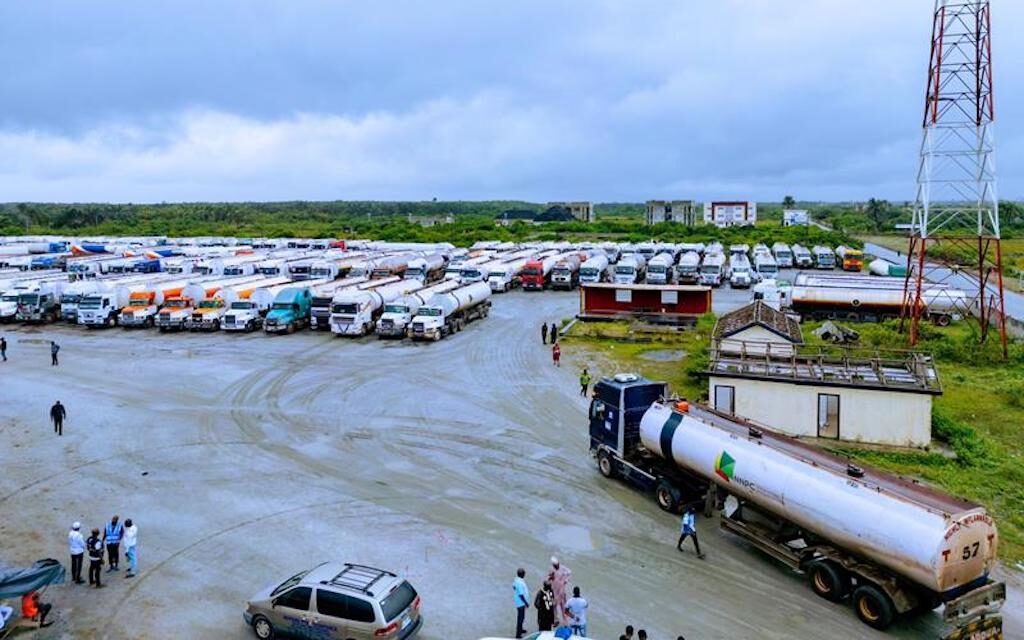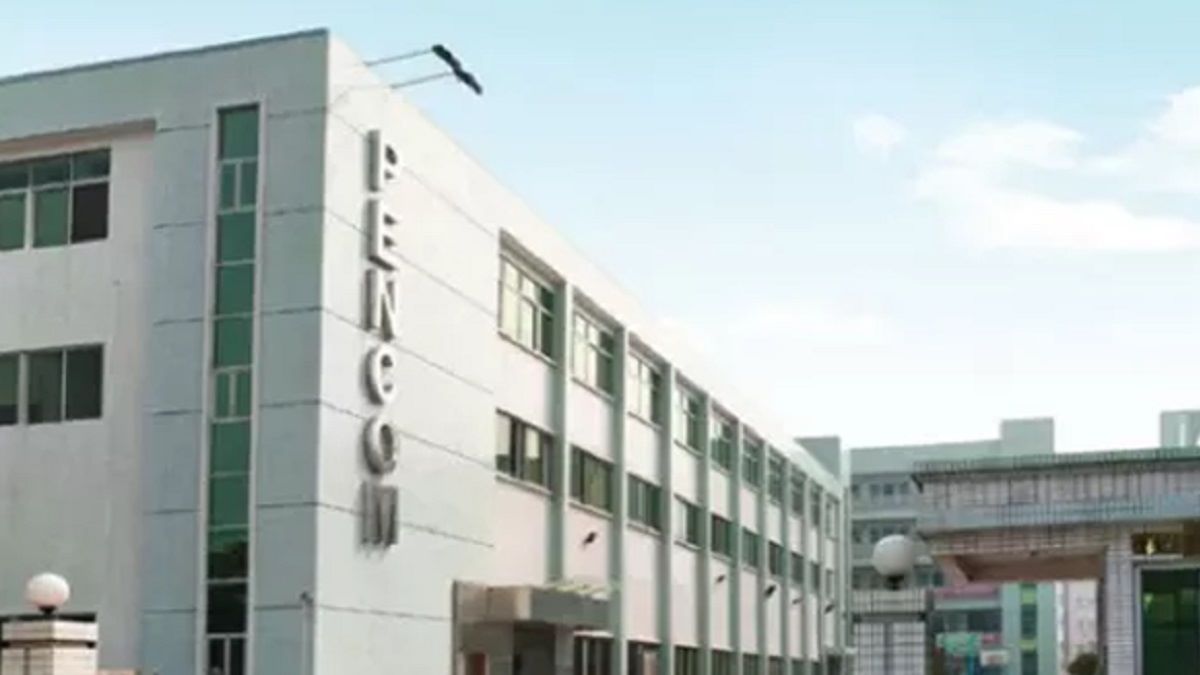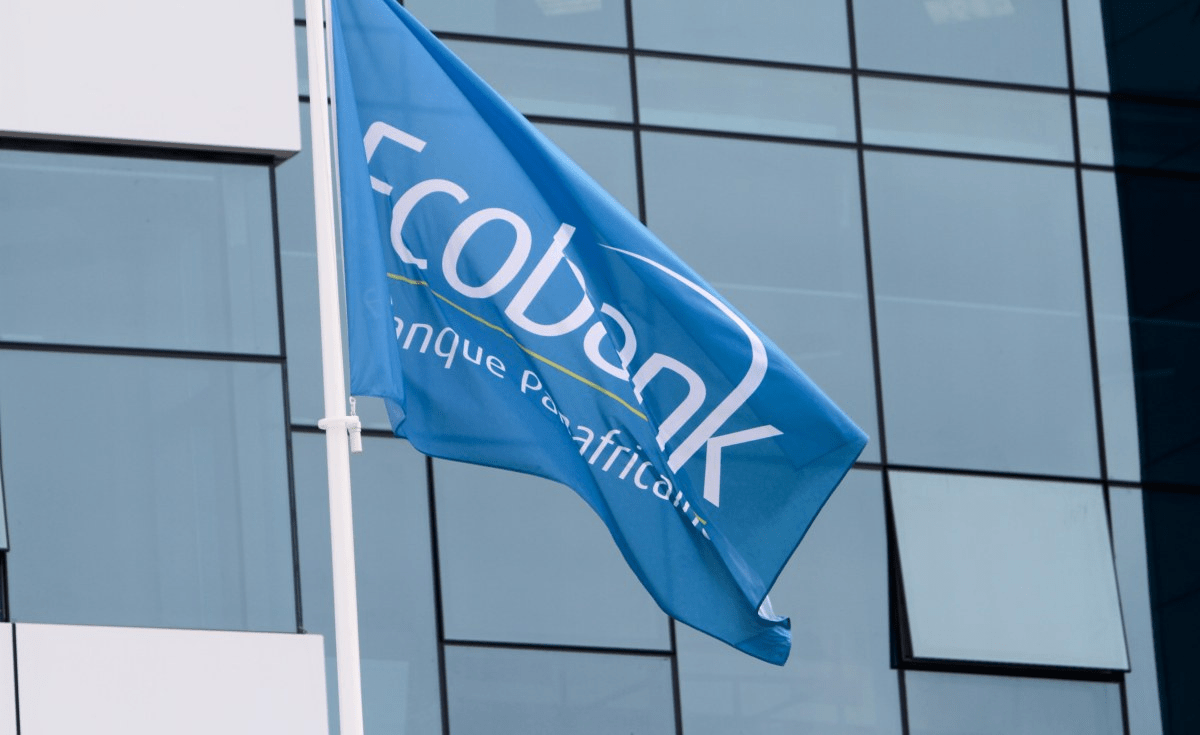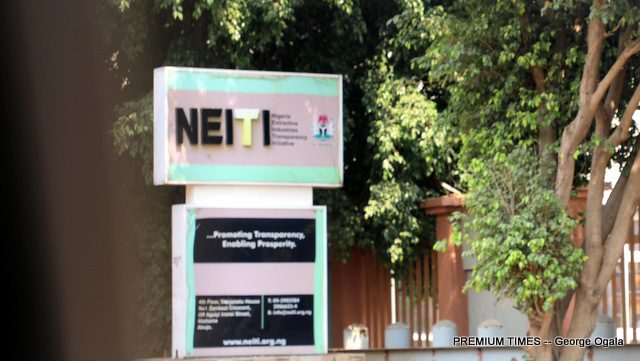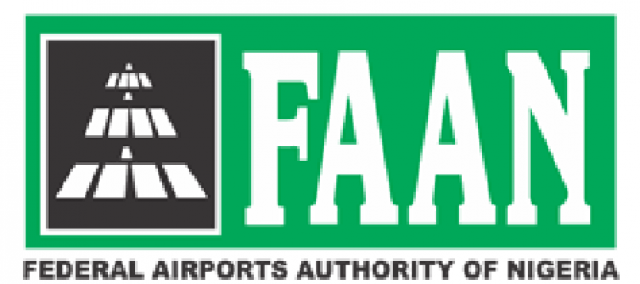•Appoints governing council members, VCs for federal universities of education in Kano and Zaria
Deji Elumoye in Abuja
President Bola Tinubu has directed the Secretary to the Government of the Federation (SGF) to issue a service-wide circular to all Ministries, Extra-Ministerial Departments, and Agencies (MDAs) on the implementation of mandatory health insurance in line with the National Health Insurance Act, 2022.
He, however, called for further, closer, and constructive engagement with the Private Sector on the Act to ensure that businesses are not unduly constrained.
The President’s directive, according to a statement issued yesterday by presidential spokesperson, Bayo Onanuga, covers five key areas.
First, all MDAs must enrol their employees in the National Health Insurance Authority (NHIA) health insurance plan. Where desired, MDAs may take up supplementary private insurance coverage in accordance with the NHIA Act.
All entities participating in public procurement must present a valid NHIA-issued Health Insurance Certificate as part of their eligibility documentation.
This certificate confirms compliance with the mandatory health insurance requirement and serves as a condition precedent for continuing any procurement-related engagement.
The presidential directive also compels all MDAs to require applicants to present valid NHIA Health Insurance Certificates as a precondition for issuing and renewing licenses, permits, and other official approvals.
According to the directive, the NHIA would establish a digital platform to enable easy verification of Health Insurance Certificates, ensuring transparency and accessibility.
Finally, the directive compels all MDAs to work with the NHIA to develop internal procedures to verify the authenticity of the submitted Health Insurance Certificates and ensure consistent compliance monitoring.
The presidential directive aims to expand health coverage, safeguard workers, reduce out-of-pocket health expenditures and promote accountability in public and private sector engagements.
The NHIA Act, 2022, stipulates compulsory health insurance for Nigerians and mandates NHIA to ensure health coverage for all persons in Nigeria and undertake necessary measures to achieve its objectives.
Three years after the Act was enacted, national health insurance coverage remains alarmingly low despite recent progress in the health sector.
The President also appointed Abdurrazaq Abubakar Nakore, an engineer, as Pro-Chancellor and Chairman of the Governing Council of Yusuf Maitama Sule Federal University of Education, Kano.
He also named Prof. Abdullahi Tukur Kodage as Vice Chancellor of the university.
Nakore, a Fellow of the Nigerian Society of Engineers, was Executive Secretary of the Rural Electricity Board in Jigawa State.
Tinubu also named Prof. Yahaya Isa Bunkure the Vice Chancellor of the Federal University of Education, Zaria, Kaduna State.
Bunkure, a renowned academic specialising in science education is currently the Vice Chancellor of Saadatu Rimi University of Education in Kano.
The Federal University of Education, Zaria, and the Yusuf Maitama Sule Federal University of Education, Kano, were among the four Colleges of Education upgraded into full-fledged universities between 2022 and 2023.
In accordance with the institution’s governing laws, the pro-chancellor will serve a term of four years, while the Vice-Chancellors will serve for five years.
The post Tinubu Orders SGF to Issue Circular on Health Insurance in MDAs appeared first on THISDAYLIVE.

